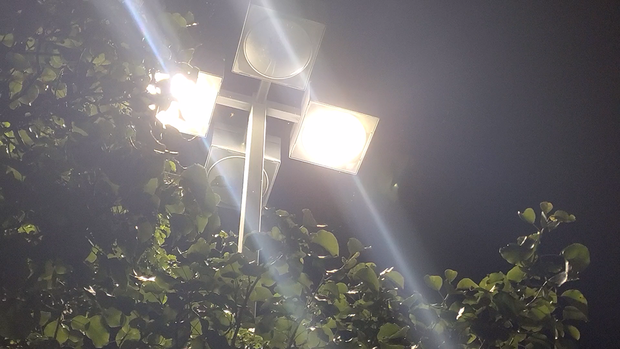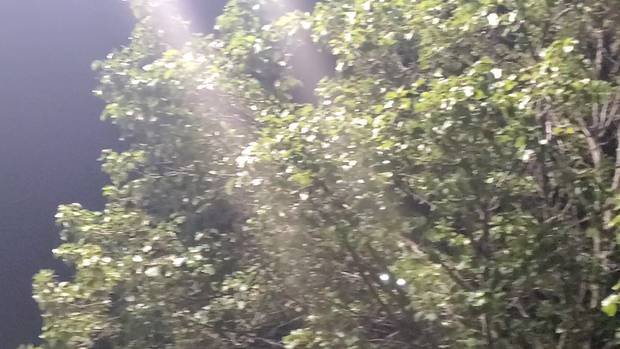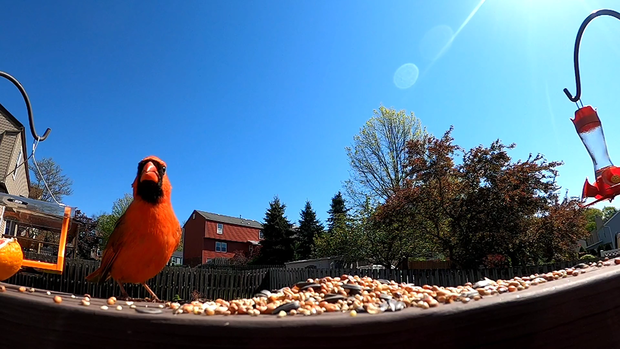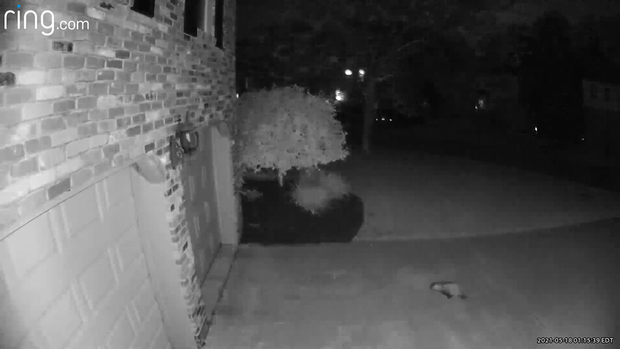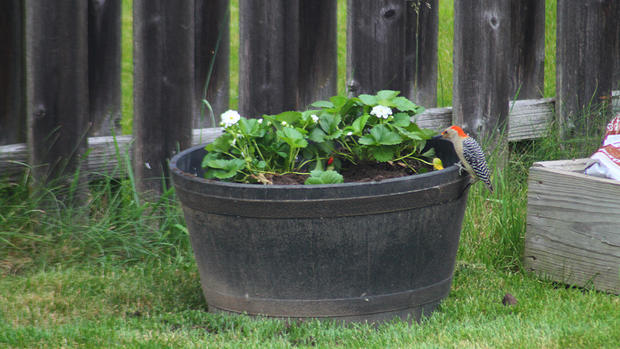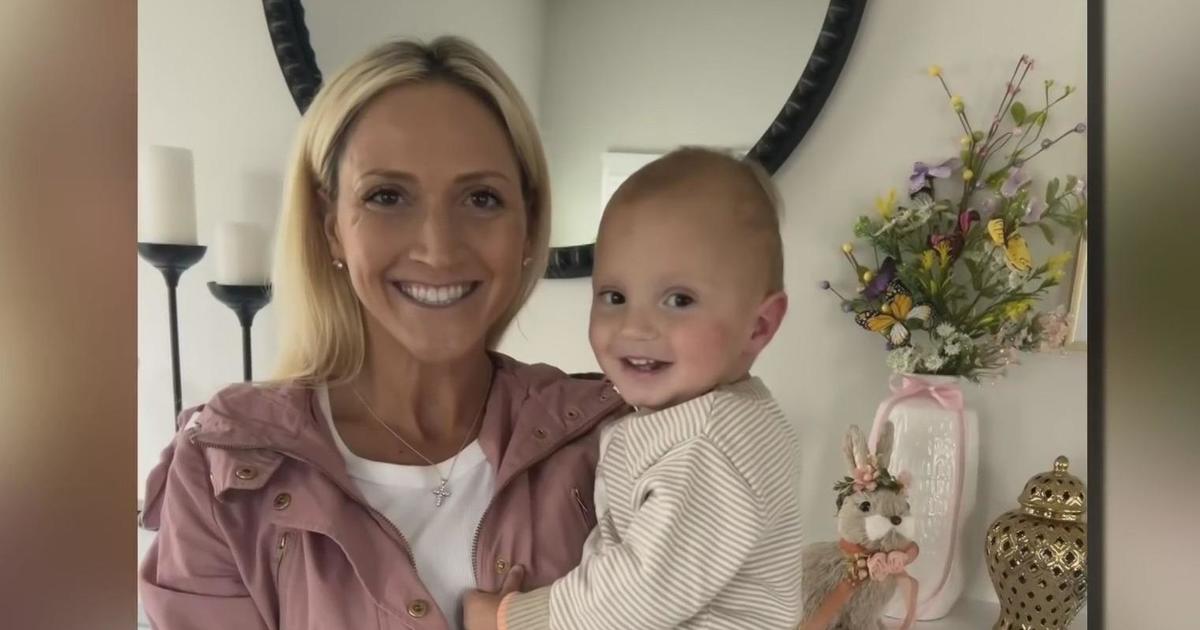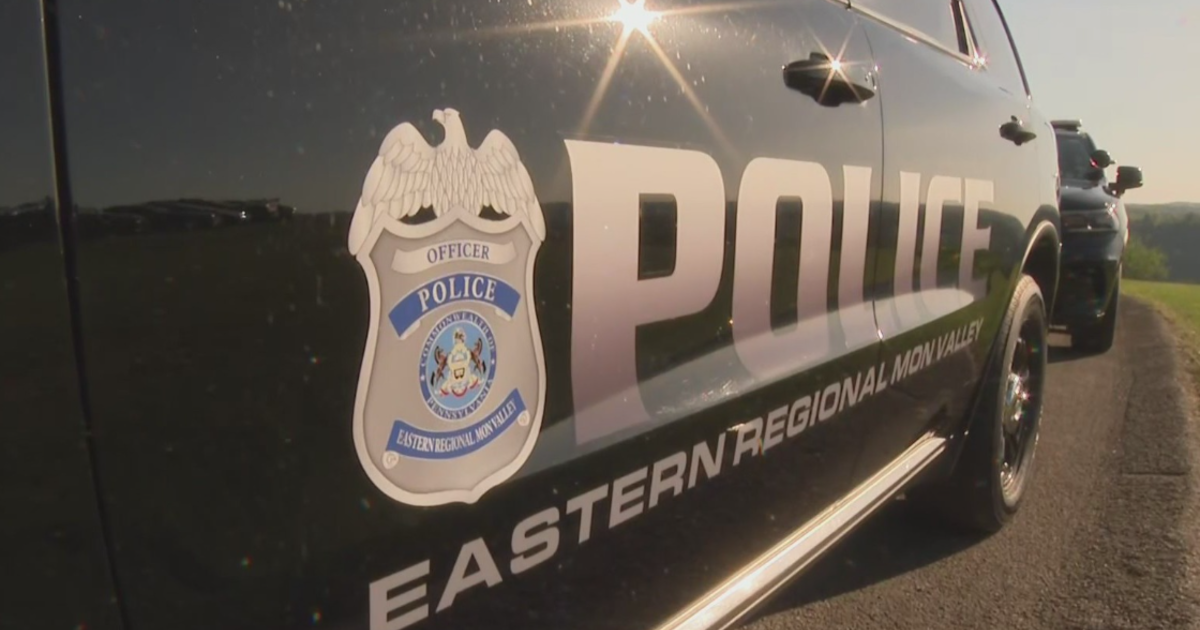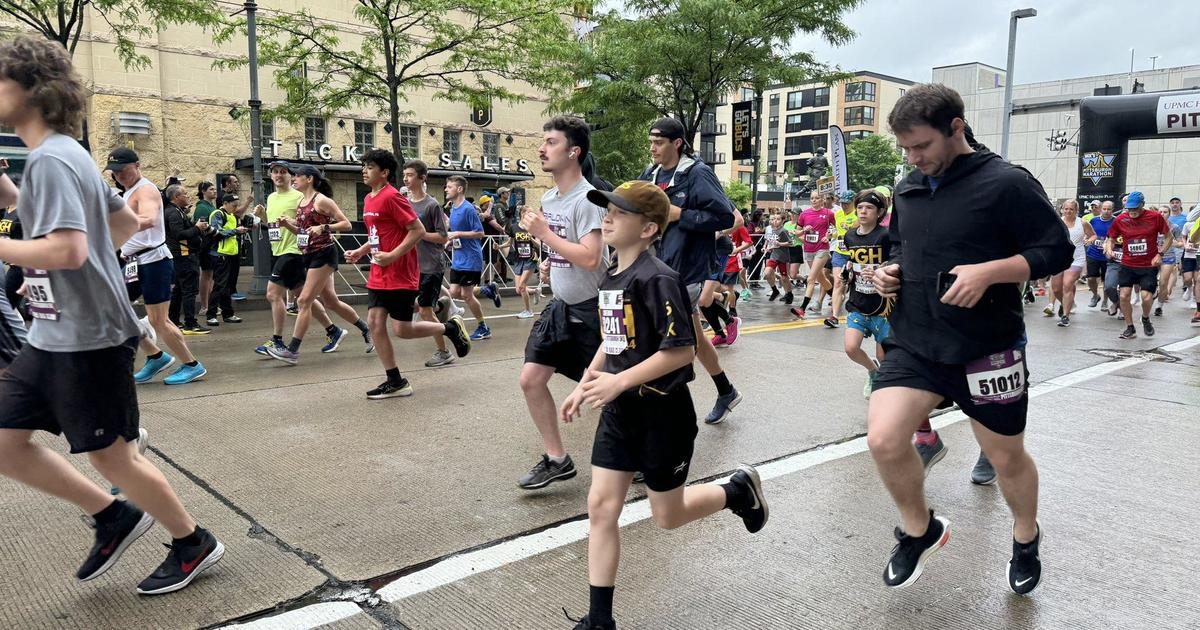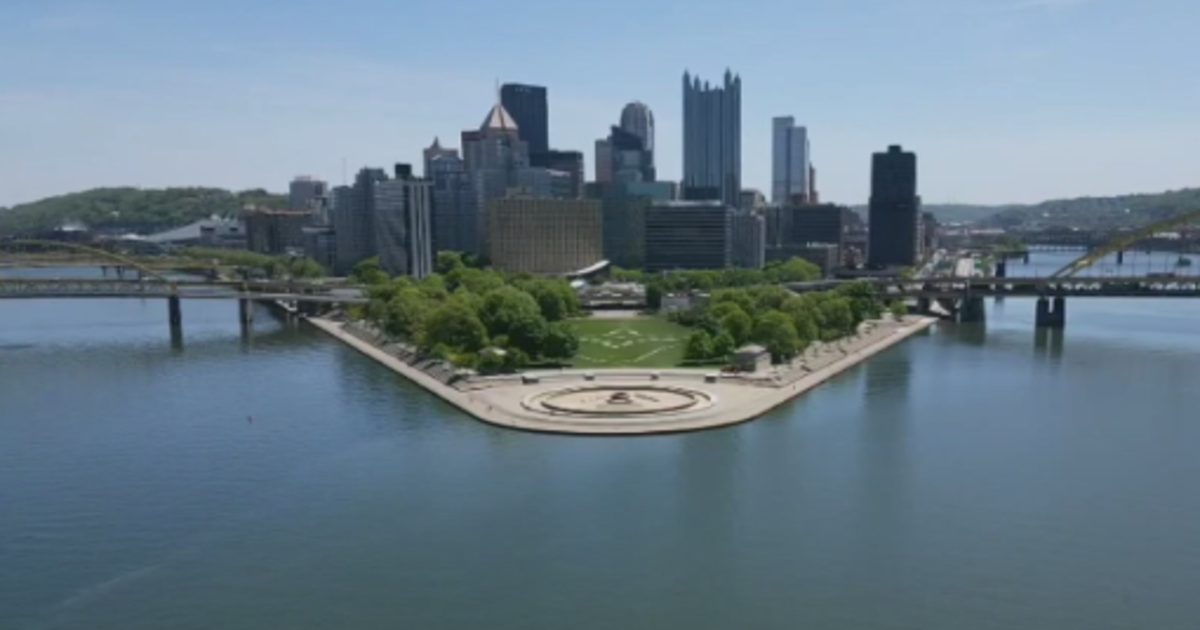Hey Ray! Light Pollution's Impacts On Life
PITTSBURGH (KDKA) -- Last week, we talked about how light pollution makes it harder, if not impossible to see some amazing things in the night sky.
Seeing things in Space is nice, but light's impact on life seems like an important part of this.
To learn more about this, we talked with Carla Littleton, the Animal & Habitats Manager at the Carnegie Science Center.
Elizabeth Petelin: Hi Carla! How does light pollution impact living things?
Carla Littleton: What I started thinking maybe giving you three words that are really important and we're going to talk about this the scientific terms, to understand them and understand how this impacts plants and animals. The big one is "photoperiod", and we know what photoperiod is. That's the time that you're seeing daylight, so that's usually the sun. But, when we're dealing with light pollution at night, that's also that light that we see. We know the impact of a photo period on humans. Think about in January when you're going to work and it's dark and you're getting home and it's dark and you feel depressed and confused, you don't know what day it is. That's the photoperiod affecting you. You're not getting the photo period that your body sort of wants, and plants and animals are going to see that kind of impact on them as well.
Elizabeth: I know that feeling. Does this hurt living things?
Carla: So that photo period changes when an animal or plant goes dormant for the winter, so things stay weak longer. If you've noticed trees that had their leaves when the first newest falling. They should have lost their leaves before that, and sometimes that's because they're impacted by all that extra light. Basically, you're seeing a tree get frostbite. It's losing those leaves due to damage, and, you know, if you talk to someone who does a lot of work with the residential trees, you might see a lot of the new branches need to be cut off because they're damaged from that winter before. You also get where the bird's egg laying is timed so their chicks come out when there's abundant fruit or abundant insects, and if we're changing when things are migrating or when things are coming out when trees are producing their flowers, or their fruit, we're impacting the survival of those chicks as well. So, everything is really connected once you hit one thing. You're hitting everything else along the way
Ray Petelin: Wow! That's just the first term. What is next?
Carla: We're going to talk about "phototropism". That's whether an animal responds positively to light, like a plant leaning toward a sunny window. Or negatively, whether it flees from light. If you think about cockroaches, you turn a light on and they scatter because they don't want to be in that light, so we'll see that effect on animals and plants.
Elizabeth: I can see how that would impact living things. What is the last term?
Carla: "Photosynthesis", of course, and a lot of people don't know that plants at night, turn over to doing breaking down sugars like we do. It's sort of their rest period, so when they're exposed to light constantly through light pollution, they don't get that rest period, and the same thing will happen to a plant or an animal that happens to human who don't sleep. You're going to get restless, and you are more prone to getting illnesses, . Those sorts of things. So, those three terms are really important when you're reading anything about light pollution dealing with plants and animals.
Ray: We talked with Mike about being mindful about and adjusting our lighting, which is important. What are some other things we can do to help animals and plants?
Carla: The other thing to do is to look at where you're putting things like birdhouses and your flowering plants or your fruit plants. If you can put them in places where they are not directly affected by street lights, and that sort of thing, like at the back of your house, you're actually going to minimize that sort of effect just by blocking out that light with your house, or your garage, or whatever was in the way.
You can learn more about light pollution from our previous segment on the topic here.
WEATHER LINKS:
Current Conditions | School Delays & Closings | Local Radar | Weather App | Photos
Stay up to date with the KDKA app, which you can download here.
